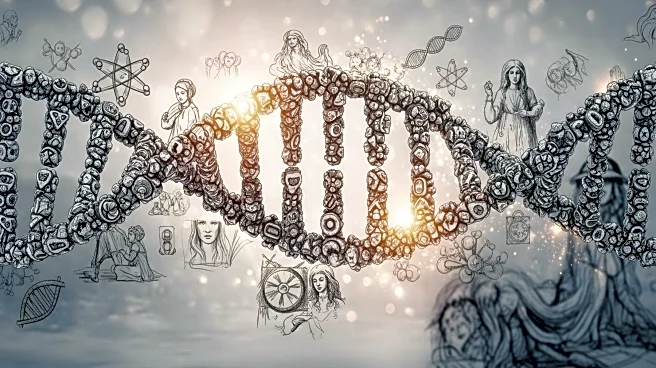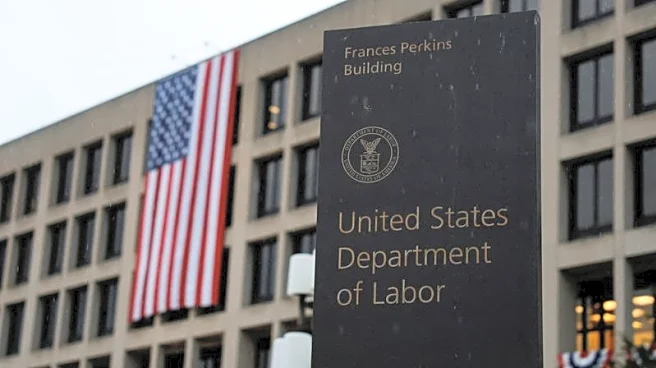What's Happening?
An international research initiative, the Leonardo DNA Project, has confirmed the genetic continuity of Leonardo da Vinci's male descendants. This project, led by researchers Alessandro Vezzosi and Agnese Sabato, has traced da Vinci's genealogy back to 1331, identifying 15 direct male-line descendants. The research aims to reconstruct Leonardo's genetic profile by comparing DNA from these descendants with ancient remains believed to be related to him. The project involves collaboration with institutions like The Rockefeller University and the University of Florence. Recent excavations in Vinci have uncovered remains that may belong to Leonardo's relatives, which are being analyzed for genetic comparison.
Why It's Important?
This research holds significant implications for both historical and scientific communities. By potentially reconstructing Leonardo da Vinci's DNA, scientists hope to gain insights into his extraordinary talents and health. The project could redefine historical knowledge and cultural heritage, offering a deeper understanding of one of history's most iconic figures. Additionally, the findings could influence the fields of genetics and anthropology by demonstrating the feasibility of tracing genetic lineages over centuries. The project also highlights the intersection of science and history, showcasing how modern technology can unlock secrets of the past.
What's Next?
The next steps involve detailed DNA analysis of the remains found in Vinci to confirm their connection to Leonardo's lineage. If successful, this could lead to a comprehensive genetic profile of Leonardo da Vinci. The project also plans to explore the potential for recovering DNA from artifacts associated with Leonardo, such as manuscripts. This ongoing research may inspire similar projects aimed at uncovering the genetic secrets of other historical figures, further bridging the gap between history and modern science.
Beyond the Headlines
The project raises ethical questions about the use of genetic information from historical figures. It also touches on the cultural significance of preserving and understanding the legacy of influential individuals. The research could spark discussions on the implications of genetic research in historical contexts and its impact on our understanding of history and identity.











